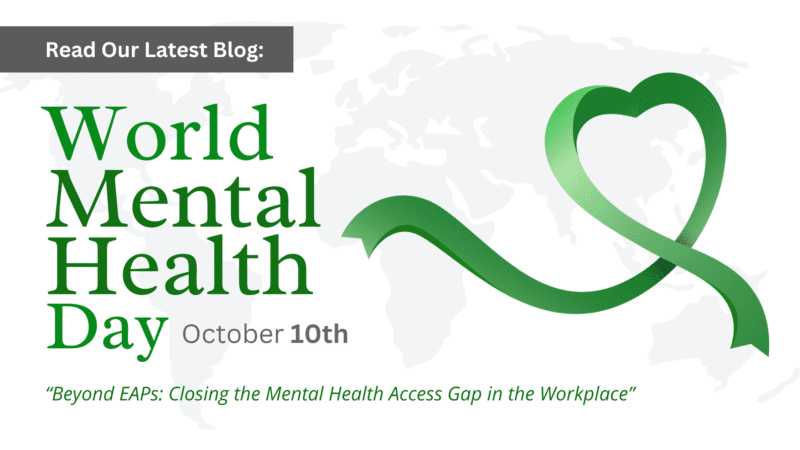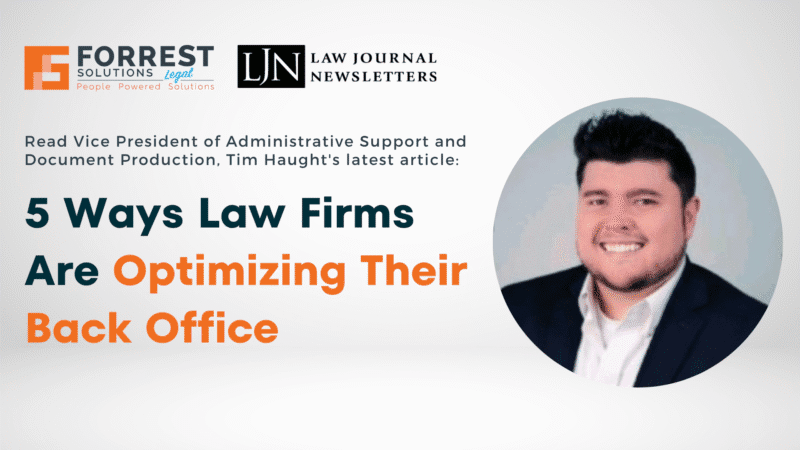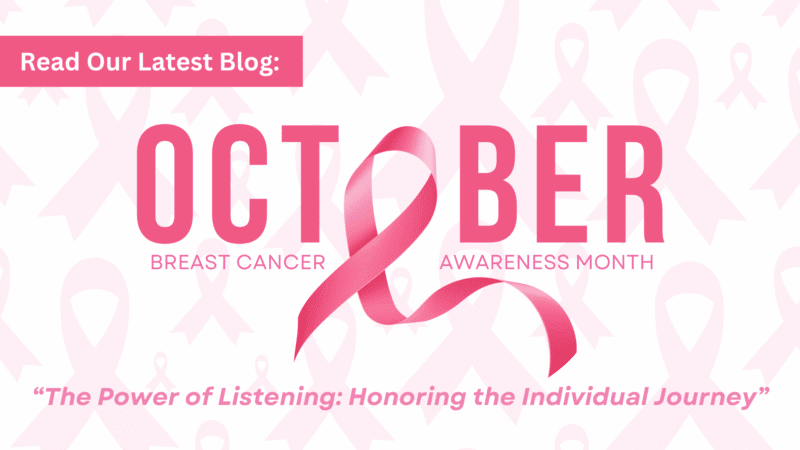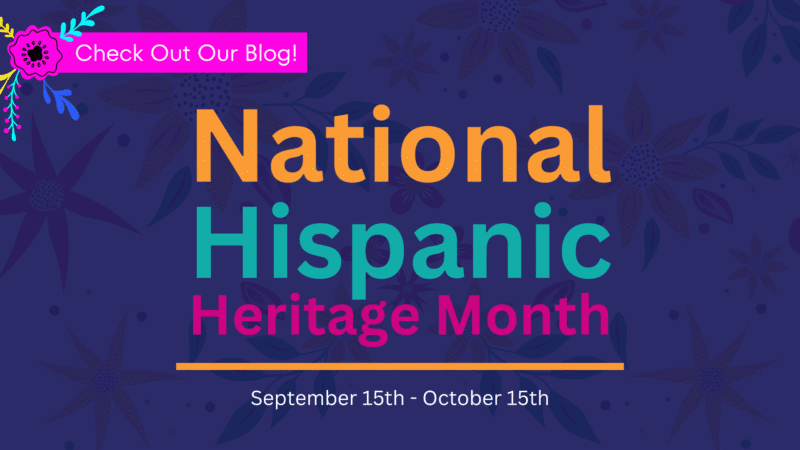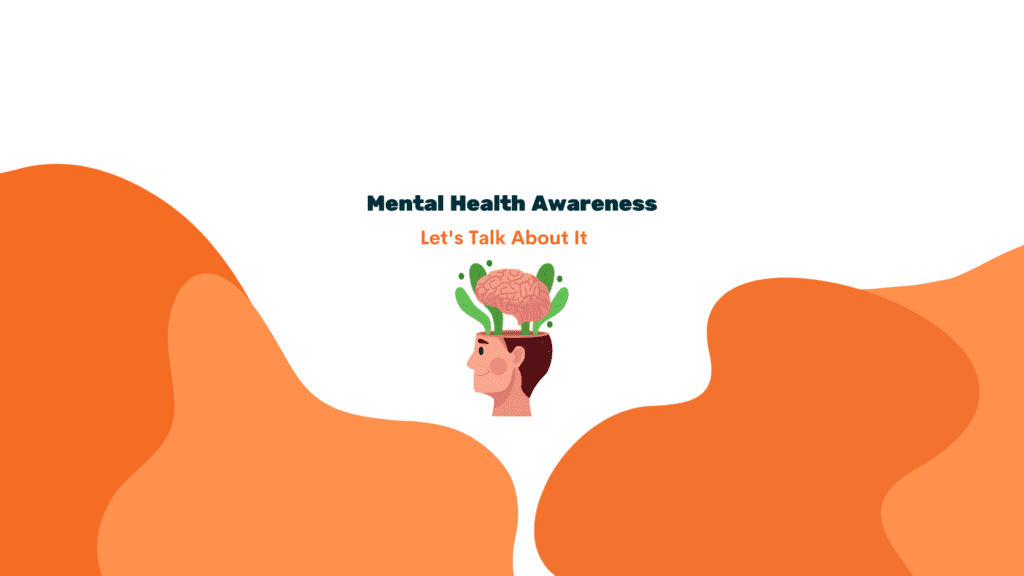
May is Mental Health Awareness Month. This is a month dedicated to breaking the stigma surrounding mental health by fostering open discussions that shed light on the commonality we all share when it comes to issues of mental health.
As part of Mental Health Awareness month, our Diversity, Equity, and Inclusion committee, headed by Senior Vice President of Learning, Development, and Diversity, Jose Cruz, led an informative webinar called: “Mental Health Awareness — Let’s Talk About It”.
This webinar focused on identifying mental health issues, especially in the workplace, and the importance of speaking publicly about the topic. The call, which featured Forrest Solutions members from across the entire United States, examined staggering mental health statistics, reviewed what mental health is, and discussed key resources for people struggling with mental health.
Jose led first by making the distinction of Mental Health vs. Mental Illness. Mental health is “a state of well-being in which the individual realizes his or her own abilities, can cope with the normal stresses of life, can work productively and fruitfully and is able to contribute to his or her own community.” Mental illnesses on the other hand are “health conditions involving changes in emotion, thinking, or behavior (or a combination of the three).” Mental illnesses are associated with distress and/or problems functioning in social, work, or family activities.
The webinar took a sharp focus on understanding mental health as a spectrum. This spectrum of Healthy – Stressed – Struggling – Crisis, helps ourselves and each other best understand how we are feeling on a day to day, week to week, and month to month basis. Describing mental health as a spectrum also allowed Jose to examine key identifiers with everyone on the call.
The webinar was opened up for questions and comments for the Forrest Solutions members on the call—opening an intense, but healthy dialog about mental health in the workplace, support groups and resources within Forrest Solutions, and how to open up a dialog within the workspace and with coworkers and/or leadership.
Forrest Solutions was proud to foster an open and useful dialogue around this issue that affects so many of our lives. The webinar concluded with a list of general resources for people to use when struggling with their mental health and a more specific list resources such as websites, phone numbers, and locations broken down by the different cities that the Forrest Solutions members on the call live and work in.
According to the National Institute of Mental health, 52.9 million people in America have reported living with a varying degree of mental illness.
In their lifetimes, almost half (46%) of Americans will meet the criteria for a mental health condition with half of those people developing their conditions by the age of 14. While these numbers may be surprising, it is only because social stigma has stymied open and helpful discussions.
Anxiety and Major Depression are two of the most common mental illnesses in the United States. 21 million adults and 4 million children live with Major Depression while 42.5 million adults live with an anxiety disorder. Unfortunately, due to lack of access to medical care, or just the refusal to break the stigma, many people do not receive the help they need which can lead to worsening conditions or tragically, suicide.[1]
Below are a list of resources, websites, and phone numbers that you can access to help receive the help you may need.
Mental Health America: https://www.mhanational.org/
National Institute of Mental Health: https://www.nimh.nih.gov/health/statistics/mental-illness
National Alliance on Mental Illness: https://www.nami.org/Home
National Suicide Prevention Lifeline: 1-800-273-8255
Crisis Text Line: Text SIGNS to 741741 for anonymous, free crisis counseling
Veteran’s Crisis Line: 1-800-273-8255, then select 1
We are grateful for our Forrest Solutions community and to Jose and the DEI committee for proactively leading this important conversation.
[1] https://mhanational.org/issues/state-mental-health-america
